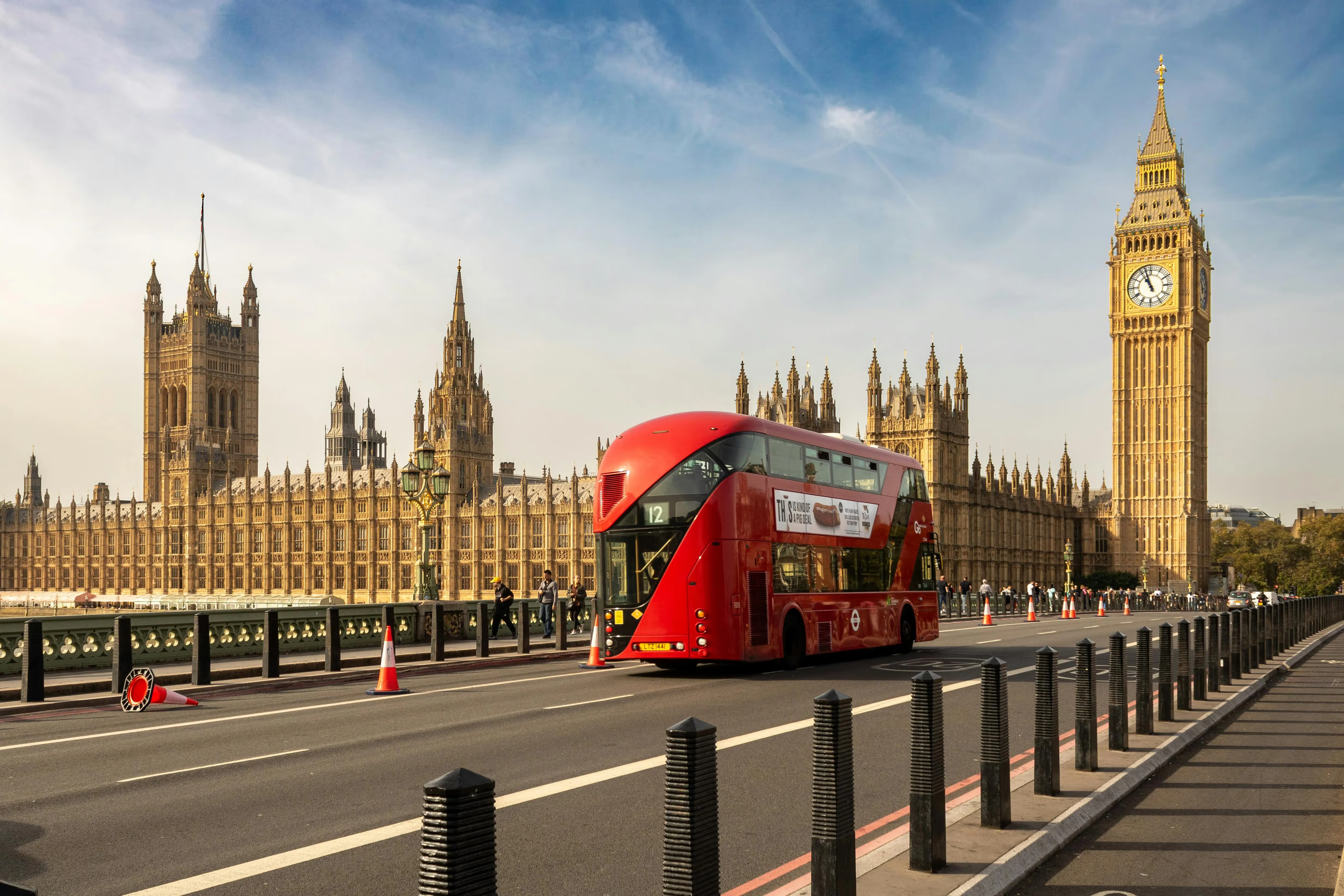

The UK is preparing for a fundamental reshaping of its immigration system. In early May 2025, the government published a White Paper — a strategic policy document outlining proposed changes to immigration and visa rules. While not yet law, this is how most reforms begin in the UK: a proposal, followed by public consultation, and eventually formal changes to the Immigration Rules.
At Relogate, we’ve carefully reviewed not only the White Paper itself but also the latest clarifications from Parliament and the Home Office. Here’s a concise breakdown of who these changes might affect, when they could take effect, and what to do if you’re considering the Global Talent or Innovator Founder visa routes.\
One of the most significant proposals is to increase the standard qualifying period for Indefinite Leave to Remain (ILR) from 5 to 10 years. This would apply to most routes, including the Skilled Worker visa, student visas, and family pathways.
Importantly, these changes have not yet taken effect. A formal bill is expected in autumn 2025, and the new rules are unlikely to come into force before 2026. According to official government explanations, the changes will be rolled out gradually over the course of the current Parliament — meaning they could be implemented anytime between now and 2029.
This gives applicants some time to begin their immigration process under the current rules — but the clock is ticking.
For visa holders who are not explicitly exempt (such as spouses of British citizens or victims of domestic abuse), there will be a new option to qualify for ILR faster — via a points-based “earned settlement” system.
Applicants will need to demonstrate their contribution to the UK’s economy and society, likely through a combination of:
Full criteria haven’t been published yet, but the direction is clear: immigration will increasingly reward meaningful engagement with British society.
The Global Talent and Innovator Founder visas are the only routes explicitly mentioned in the White Paper as being subject to simplification, not restriction. However, that simplification refers to the visa application process — not the path to settlement (ILR).
Currently, Global Talent visa holders can apply for ILR after 3 or 5 years, depending on endorsement type. But it remains unclear whether these rules will remain in place after 2026. If the “10 years or points” rule is applied broadly, even Global Talent visa holders may need to reaffirm their eligibility by proving their ongoing value to the UK.
The situation is similar for Innovator Founder: while the route itself will remain and may even become more accessible, the path to settlement could become longer or more conditional on performance and integration.
Yes, the rules are getting tougher. But if you have proven experience, achievements, and the motivation to contribute in the UK — there are still viable pathways.
Global Talent and Innovator Founder are visas designed for people who create value. That’s why they remain protected under the government’s new strategy. The path to ILR is still open — it may just require a stronger case for your contribution.
And one more thing: if you’ve been planning to apply, don’t delay. 2026 may be too late.